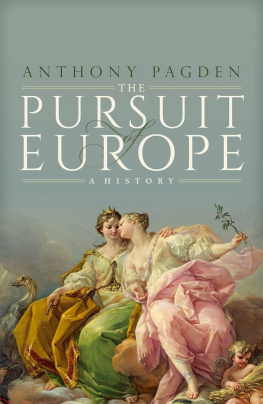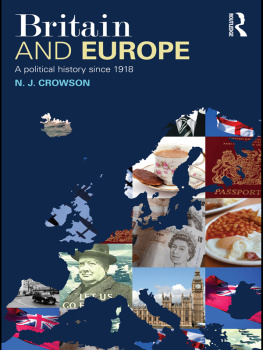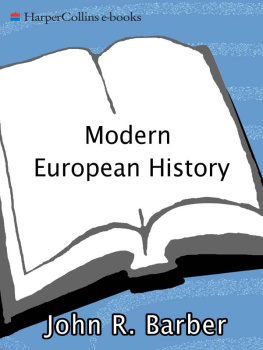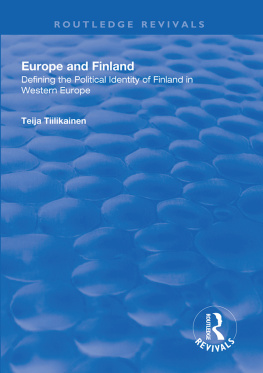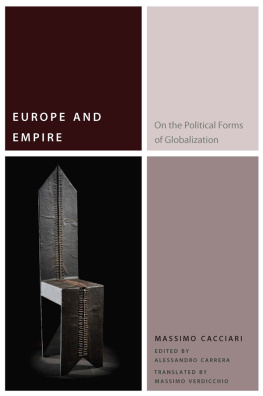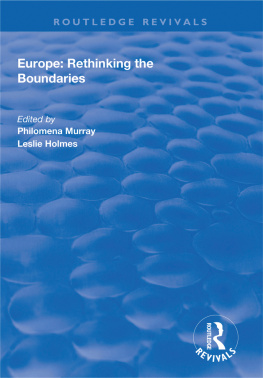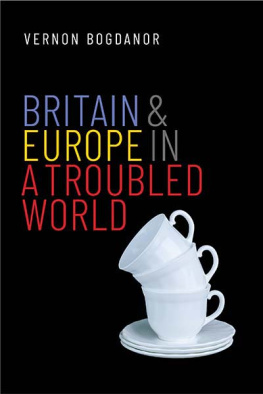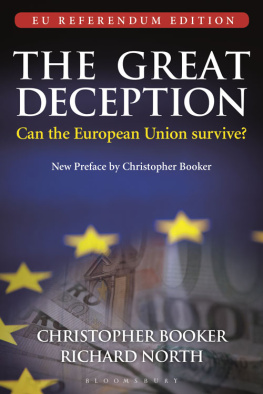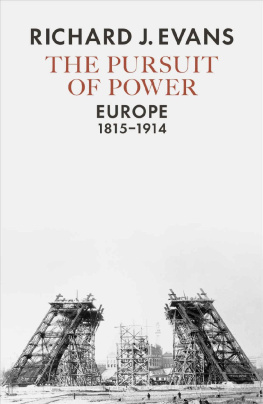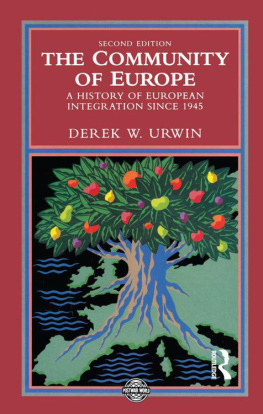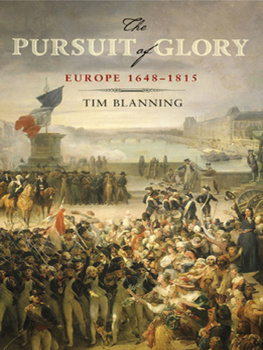Praise for The Enlightenment: And Why it Still Matters by Anthony Pagden
Book of the Week.
The Sunday Telegraph
Learned eloquent and at times passionate.
Keith Thomas, New York Review of Books
Both Pagdens retelling of the Enlightenment story, and his defence of cosmopolitanism, are cogent and important.
The Independent
The grand architecture of [Pagdens] argument is finely ornamented with nuance and qualification.
Colin Kidd, London Review of Books
Pagden writes beautifully and has a wonderful eye for apt quotations, many of which eloquently capture the spirit of the Enlightenment literati.
History Today
The Enlightenment is a spirited and engaging polemic directed against the recourse to fundamentalism in modern history.
Richard Bourke, Literary Review
With religion resurgent across the worldcomplaining of oppression at every turnthe Enlightenment project, never completed, is at risk again. As this eloquent and thrilling book makes clear, its enemies might care to explain why it happened in the first place.
Ian Bell, The Glasgow Herald
Written with exemplary clarity, [this book] exposes the classical roots of the critical attack on religious traditions, and explores new discourses around a scientific study of humanity While Pagden pauses to consider the dark side of Enlightenment ideas, the power of the book lies in its lucid exposition of optimistic thinking, from Condorcets conceptual history to Humes brutal attack on organised religion as sick mens dreams. If one wanted a handbook of optimism, Pagdens work would be a set text.
BBC History Magazine
A sensationally good piece of cultural and intellectual history reminds us how the Western view of the world came into existence and why its worth defending. It does still matter.
Oxford Today
The Enlightenment really does still matter, and with a combination of gripping storytelling about colourful characters and lucid explanation of profound ideas, Anthony Pagden shows why.
Steven Pinker, author of The Better Angels of Our Nature and The Blank Slate
Reading Anthony Pagdens The Enlightenment: And Why It Still Matters is an enlightenment in itself. The larger-than-life thinkers and talkers of eighteenth-century Europe have been blamed for everything from taking the magic out of life to making Auschwitz possible, but here, in sparkling style, Pagden shows us not only how their ideas made mankind modern but also what our world might have been like without them. Everyone interested in where the West came from should read this book.
Ian Morris, author of Why the West Rules-For Now
Anthony Pagden defends the Enlightenment as a cosmopolitan project with classical roots and contemporary relevance. Like Kant, he argues that we live in an age of enlightenment, ongoing but incomplete, but that someday we will experience a fully enlightened age. His lucid and learned book might help to realize that hope.
David Armitage, author of Foundations of Modern International Thought

Great Clarendon Street, Oxford, ox 2 6 dp , United Kingdom
Oxford University Press is a department of the University of Oxford. It furthers the Universitys objective of excellence in research, scholarship, and education by publishing worldwide. Oxford is a registered trade mark of Oxford University Press in the UK and in certain other countries
Anthony Pagden 2022
The moral rights of the author have been asserted
First Edition published in 2022
Impression: 1
All rights reserved. No part of this publication may be reproduced, stored in a retrieval system, or transmitted, in any form or by any means, without the prior permission in writing of Oxford University Press, or as expressly permitted by law, by licence or under terms agreed with the appropriate reprographics rights organization. Enquiries concerning reproduction outside the scope of the above should be sent to the Rights Department, Oxford University Press, at the address above
You must not circulate this work in any other form and you must impose this same condition on any acquirer
Published in the United States of America by Oxford University Press
198 Madison Avenue, New York, NY 10016, United States of America
British Library Cataloguing in Publication Data
Data available
Library of Congress Control Number: 2021942152
ISBN 9780198757665
ebook ISBN 9780191074950
Printed and bound in Great Britain by
Clays Ltd, Elcograf S.p.A.
Links to third party websites are provided by Oxford in good faith and for information only. Oxford disclaims any responsibility for the materials contained in any third party website referenced in this work.
For Giulia
Semper eadem
Acknowledgments
Earlier iterations of some of the ideas to be found in this book were tried out on audiences at the University of Oradea, Romania; at the Centro de Cultura Contempornea de Barcelona, Spain; at the Centro de Estudios Polticos y Constitucionales, Madrid; at the Kreisky Forum for International Dialogue, Vienna, Austria; and at the Universities of Helsinki, Bolzano and the Hebrew University of Jerusalem. In 2015, the University of Arhus, Denmark, kindly invited me to give the Annual Slok Lecture in the History of Ideas, on Reinventing Europe 18151919, and the University of Copenhagen, to deliver the inaugural lecture for their Project on European Enlightenment, on Cosmopolitanism, Patriotism, Nationalism: Europes Uncertain Future. I would like thank all those who were present on these occasions for their interest, their suggestions, and their sometimes vigorous objections. I owe a special debt of gratitude to the Axel and Margaret Ax:son Johnson Foundation which was kind enough to ask me to participate in the 2012 Engelsberg Seminar, in Stockholm, Sweden on The Pursuit of Europe: Perspectives from the Engelsberg Seminar, which became the inspiration for so much of what evolved into the subject of this book. They also gave me my title. I have also benefited from conversations over the years on aspects of this subject with Quentin Skinner and Susan James, with David Armitage, with the late Tzvetan Todorov, with Lionel Jospin (on the subject of Napoleon), with Jos Mara Hernndez, Joan-Pau Rubies, and Roberto Farnetti, and with my colleagues at UCLA, in particular Davide Panagia, and Kal Raustiala.
I am, as always, indebted to my editor Mathew Cotton at Oxford University Press for his support, his patience, and his careful pruning, and to Kizzy Taylor-Richelieu and to Bala Shanmugasundaram for guiding the book through the various stages of its production, with such care and attention. I am also greatly indebted to Donald Watt and Henry MacKeith, who read the final manuscript with scrupulous care and saved me from numerous errors and oversights.
I would like to express my gratitude to Andrew Wylie, the best of all possible literary agents, for his guidance, his patience, his support, and his encouragement, which have now accompanied me for the best part of two decades.
To Mike Rapport I owe a very special debt of gratitude. He read the original proposal for the book, offered a number of helpful comments, and reminded me, among other things, of the central role played by Christianity in the formation of Europe down to and including the creation of the European Union. He then read the final version with immense care and attention, making numerous suggestions for improvement, most of which, I hope, I have been able to follow, and saving me from a number of egregious errors and careless slips. From all of this, the present version has, I hope, benefited immeasurably.

